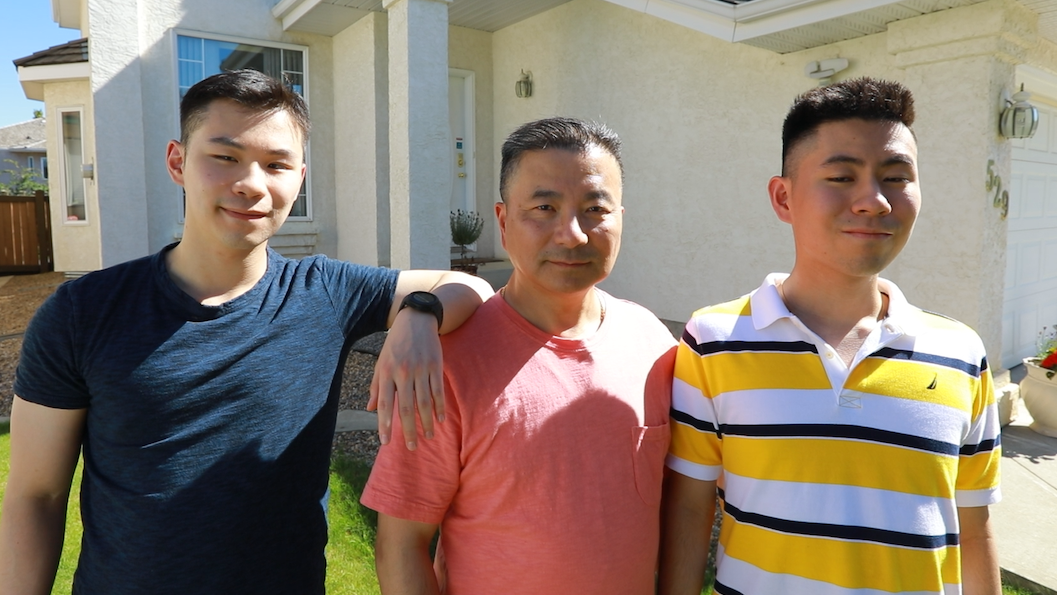When old broadcasting school friends Deja Springfield and Lindsay Warner decided to team up to make a documentary, their idea search started broad. They looked for a local “game changer” as part of their working relationship with Storyhive, which was helping the duo with the business side of making their first film. Warner knew of Ling Huang, who had developed a program to help adults with autism transition into the workforce. That seemed like a good start, but the story soon became as much about the world around them as about the subjects themselves.
“Broadly speaking, people with autism have really interesting skill sets,” Springfield says. “They can be really good at focusing, and a lot of autistic adults are really good with technology. So [Huang] has kind of developed program to harness that, with things like document digitization, or rotoscoping [the process of creating animated sequences by tracing over live-action footage frame by frame]. Those are things that people who aren’t neurodivergent have a really hard time focusing on, so they tend to screw up a lot, or just quit. Whereas autistic adults, it really plays to their strengths.”
Playing to autistic people’s strengths is the point of Huang’s company, Technology North Corporation, and of Cliff 20: A Future on the Spectrum, Springfield and Warner’s new documentary. But while Huang works to match autistic adults with jobs that fit their skillsets, Cliff 20 is for people who don’t have experience with autism at all.
“Everyone in the [Autism Spectrum Condition] community knows this already,” Warner says. “They know how special these people are and they know that once they reach 20, all the support just drops off. That’s why we called it ‘Cliff 20,’ because it’s like they’re standing on the edge of this cliff, and it’s all downhill from there. There’s no more opportunity. And we want to show everyone else what they’re going through.”
The film follows three different families, each of which include adult sons dealing with a work world that’s in no real way designed for them. One father has twin autistic sons who are just turning 20, and says he doesn’t even know what their future looks like. “He’s just filled with fear,” Warner says, “because from the moment that they were diagnosed, everybody’s been asking his children to change and fit in. But why is it that society can’t be a little bit more accommodating or create appropriate opportunities for these kids? If you look at it, we’re asking the wrong people to change.”
